Last week was electric with anticipation. Secretary of state Antony Blinken visited London for a US-UK “strategic dialogue,” then he and British foreign secretary David Lammy both traveled to Ukraine to meet with political and military leaders and discuss the ongoing conflict. Heading in the other direction was the UK prime minister, Sir Keir Starmer, who made for Washington, DC with his outgoing national security advisor, Sir Tim Barrow, to meet President Joe Biden and hold talks on the global situation.
By accident or design, the British government allowed speculation to grow that the United Kingdom and the United States were close to an announcement that they were lifting restrictions on Ukraine’s use of Western-supplied munitions like the Anglo-French Storm Shadow cruise missile. President Volodymyr Zelensky has been urging his allies and donors for some time to take this step (and continues to bang the drum for it), arguing that it would allow his armed forces to strike vital Russian launch sites, airfields and command and control centers.
The West cannot allow Vladimir Putin to set the terms of engagement in Ukraine
This would disrupt Moscow’s war effort and force Vladimir Putin to pull some of his military back from the border with Ukraine, out of missile range, thereby compromising their operational effectiveness. There have been hints from Downing Street that the UK is keen to accede to Zelensky’s request but needs to persuade its American ally. The White House too was happy to see the impression emerging that it was sympathetic to the argument and giving it careful consideration. Yet the weekend came and went, and there was no announcement of a change in policy.
The apparent lack of progress is disappointing. Ukraine is fighting a war of national survival. It should be allowed to do so, with all the weapons at its disposal, in the way it judges most effective — rather than with backseat drivers in Washington and London. Russia continues to carry out missile and drone strikes on Ukrainian towns and cities, and greater freedom to retaliate would help Ukraine counter these attacks.
It is especially dismaying because the impression the West is currently giving is that Putin has intimidated it into inaction. On Friday last week, the president of the Russian Federation was in belligerent mood, threatening that unrestricted missile use by Ukraine “would substantially change the very essence, the nature of the conflict” and “mean that NATO countries, the USA and European states, are fighting with Russia.” This was saber-rattling, of course, rather than a rational or legal argument, and it was clearly meant to make Biden and Starmer hesitate and weigh up the risks of provoking Russia further.
It was a useful corrective to Putin’s warped narrative that Starmer reminded a media audience last week that Russia had started the conflict in Ukraine and could end it by the same token. Putin — in a characteristic he shares with Donald Trump, and perhaps an element in their strange strategic bromance — always portrays himself as the innocent victim of events. Starmer was right to rubbish this framing. Nevertheless, as the various diplomatic visits have come and gone and policy on Ukraine’s use of Storm Shadows and other munitions remains officially unchanged, it may be that Putin’s rhetoric has worked.
There is a plausible alternative explanation. It may be that Washington and London have concluded there is no purpose served in forewarning Putin of a change in approach. Surprise is a hugely powerful weapon in war: even if the restrictions have been altered, relaxed or removed, there would be a logical argument for making no formal announcement. Instead, the shift in policy could be announced by the impact of the first missile strikes.
The West cannot allow Vladimir Putin to set the terms of engagement in Ukraine. He is conducting an overt war of annexation and conquest against his neighbor. Anyone who was able to endure his two-hour interview with Tucker Carlson earlier in the year will understand that the Russian president does not accept even the existence of Ukraine as a separate nation, people or culture. For him, it is an integral part of Russia, legitimizing his aggression.
The war in Ukraine is entering a critical phase. The surprise incursion into Kursk Oblast by Ukrainian forces in August was more successful than many expected and caught Moscow off-balance, but a Russian counterattack is underway, albeit slowly. It is also becoming clear that a victory for Donald Trump in November’s presidential election would be disastrous for Ukraine. It would certainly lead to much-reduced military and financial assistance from the United States, and perhaps to a shameful, Munich-style abandonment of the government in Kyiv and the imposition of a “peace” settlement vastly favorable to Russia.
We must wait and see. International diplomacy is sometimes about what is not said, and can involve a degree of deliberate misdirection. But Ukraine cannot wait for ever. Biden and Starmer need to act decisively: Zelensky has — repeatedly — made a simple and explicit request of his allies. It is not just strategically unwise but morally unacceptable to stall and obfuscate. The West should grant Ukraine the freedom it needs, or, at the very least, face up to and admit a decision to do the opposite. All the facts are known: what is seemingly lacking is the courage to use them and reach a conclusion.
This article was originally published on The Spectator’s UK website.



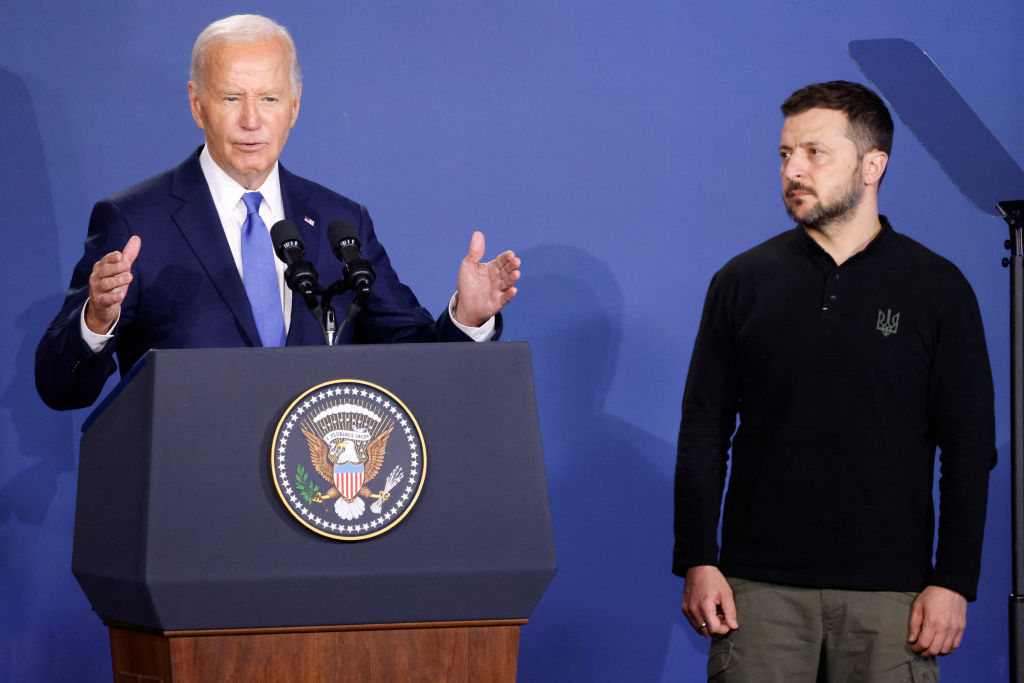






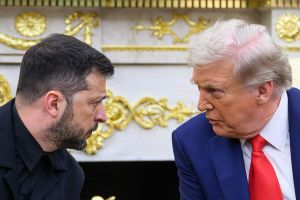
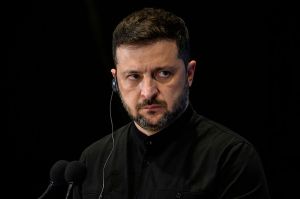
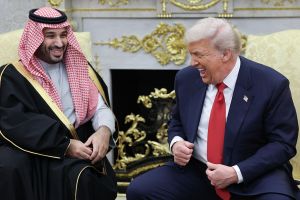

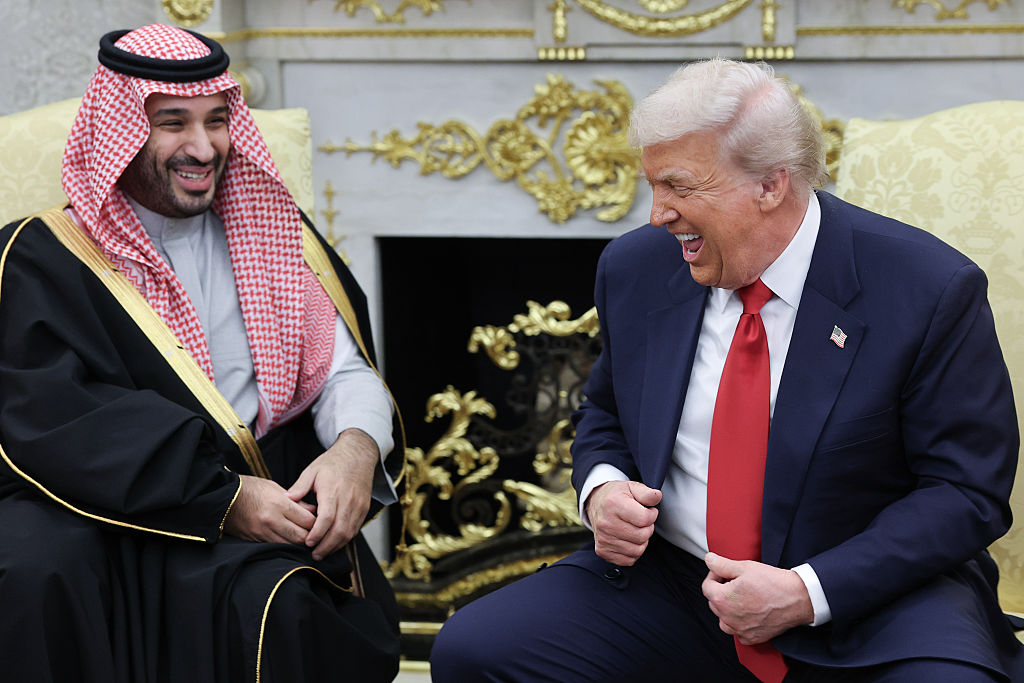


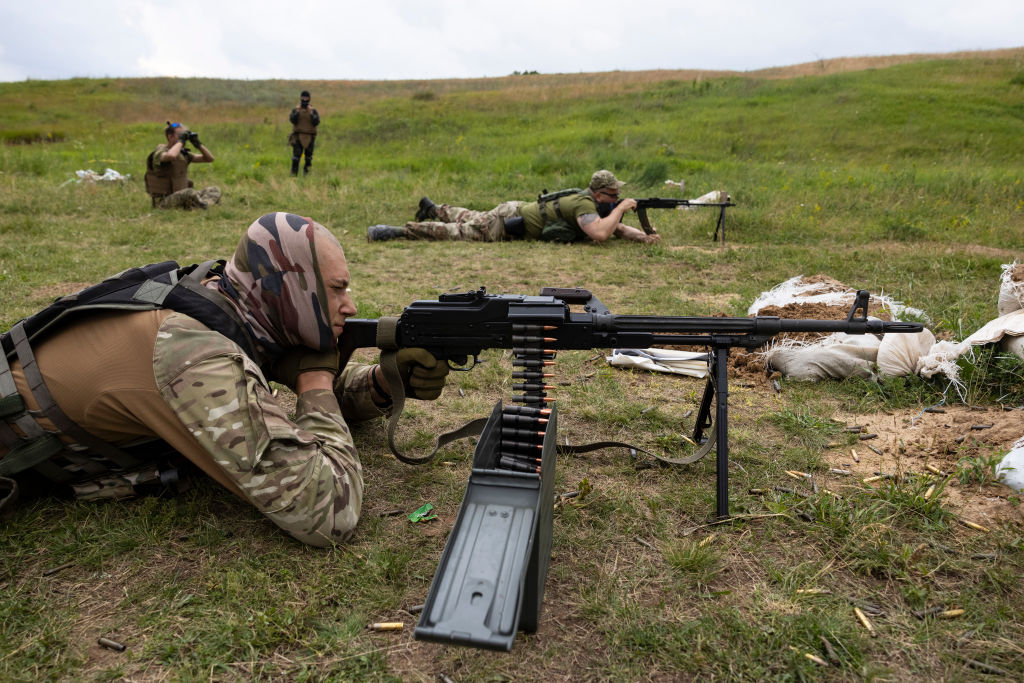
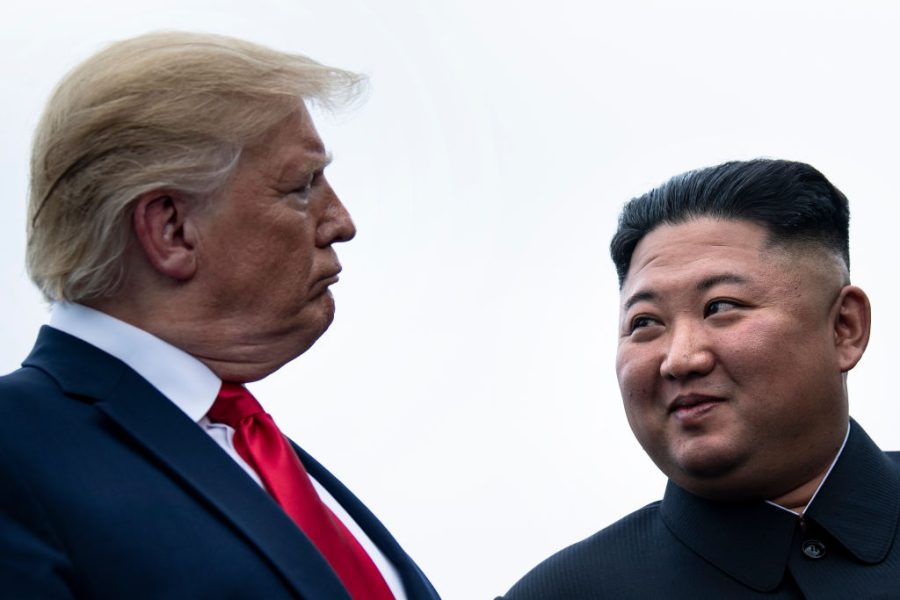







Leave a Reply